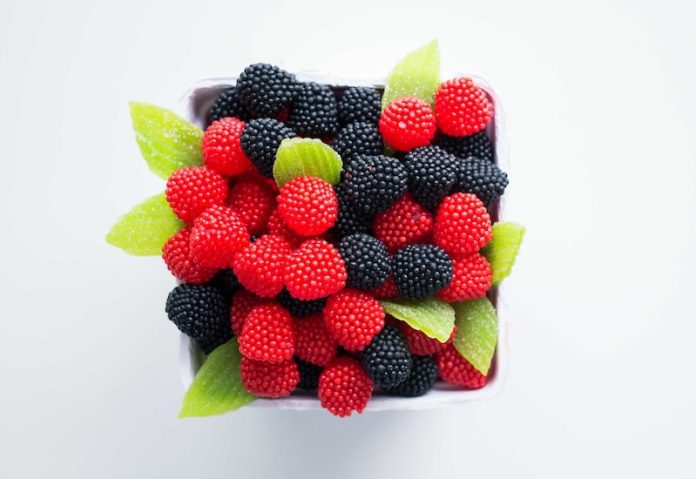
The kidneys are vital organs responsible for filtering waste and excess fluids from the body.
They also play an important role in regulating blood pressure and producing hormones that control red blood cell production and bone health.
Maintaining kidney health is crucial for overall health and well-being. One way to support kidney health is through a healthy and balanced diet.
In this article, we will discuss the best and worst foods for kidney health.
Best Foods for Kidney Health
Berries: Berries, such as strawberries, blueberries, and raspberries, are rich in antioxidants and vitamin C, which can help protect the kidneys from damage and inflammation.
Fish: Fatty fish, such as salmon and tuna, are high in omega-3 fatty acids, which have anti-inflammatory properties and may help protect against kidney damage.
Leafy Greens: Leafy greens, such as spinach and kale, are a good source of vitamins and minerals, including potassium, which can help regulate blood pressure and reduce the risk of kidney stones.
Garlic: Garlic has anti-inflammatory and antioxidant properties, which may help protect the kidneys from damage.
Whole Grains: Whole grains, such as brown rice and quinoa, are high in fiber and may help reduce the risk of kidney stones.
Olive Oil: Olive oil is high in monounsaturated fats, which may help reduce inflammation and protect the kidneys from damage.
Red Bell Peppers: Red bell peppers are a good source of vitamin C and antioxidants, which can help protect the kidneys from damage and reduce the risk of kidney stones.
Worst Foods for Kidney Health
Processed Foods: Processed foods, such as fast food and packaged snacks, are often high in sodium, which can increase blood pressure and put strain on the kidneys.
Red Meat: Red meat is high in protein and can increase the workload on the kidneys. It may also increase the risk of kidney stones.
Dairy Products: Dairy products, such as cheese and milk, are high in calcium and phosphorus, which can contribute to the formation of kidney stones.
Soda: Soda is high in sugar and phosphorus, which can increase the risk of kidney stones and contribute to the development of kidney disease.
Salt: Salt is a major contributor to high blood pressure, which can damage the kidneys over time.
Canned Foods: Canned foods, such as soups and vegetables, are often high in sodium, which can increase blood pressure and strain the kidneys.
Alcohol: Alcohol can cause dehydration and increase blood pressure, which can put a strain on the kidneys.
In addition to avoiding or limiting these foods, it is important to maintain a healthy and balanced diet to support kidney health.
This includes eating a variety of fruits and vegetables, whole grains, lean protein, and healthy fats. Drinking plenty of water and avoiding tobacco products can also help support kidney health.
If you have kidney disease or are at risk of kidney disease, it is important to work with a healthcare provider and registered dietitian to develop a personalized nutrition plan.
They can help you identify foods to include or avoid based on your individual needs and preferences.
In conclusion, maintaining kidney health is crucial for overall health and well-being.
Eating a healthy and balanced diet that includes a variety of fruits and vegetables, lean protein, and healthy fats can help support kidney health.
Avoiding or limiting processed foods, red meat, dairy products, soda, salt, and alcohol can help reduce the risk of kidney damage and disease.
Consulting with a healthcare provider and registered dietitian can provide personalized guidance and support for optimal kidney health.
Copyright © 2023 Scientific Diet. All rights reserved.





